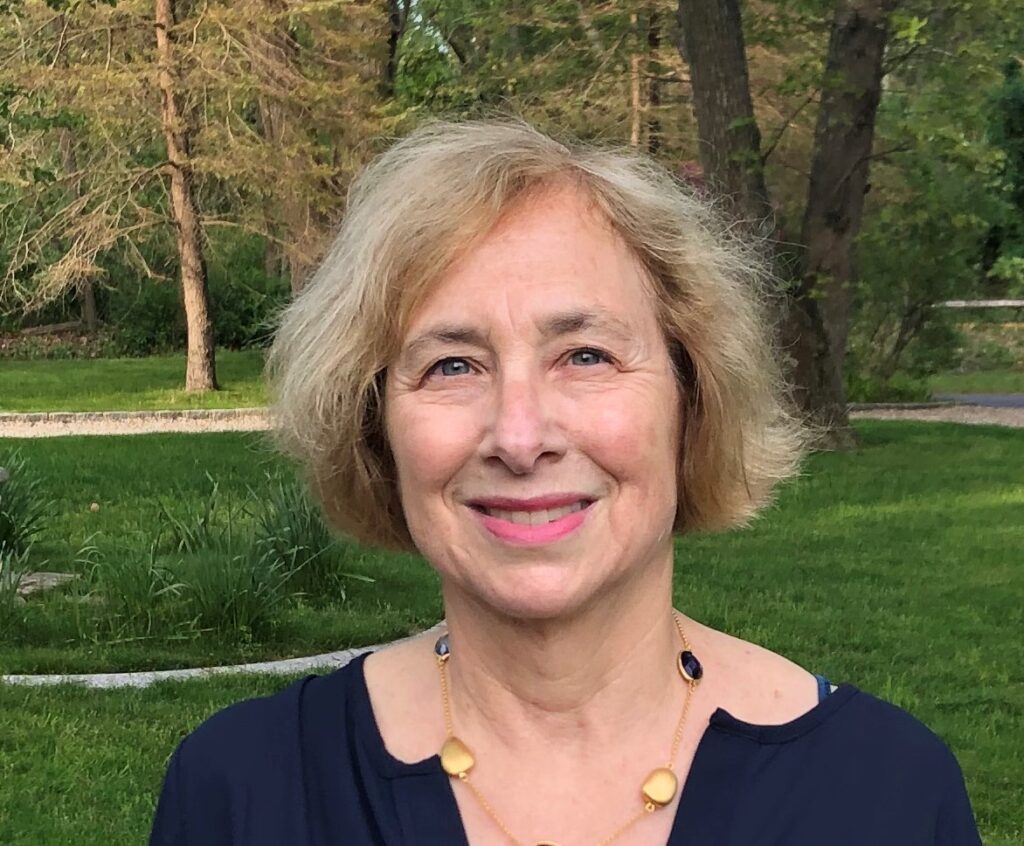Gov. Hochul nixes Grieving Families Act for second time

Gov. Kathy Hochul ended 2023 by vetoing the Grieving Families Act for a second time, which ignited frustration among area families who have lost a loved one in a wrongful death incident and have advocated for years for the bill to be passed.
The rejected bill — which initially received bipartisan support in the state Assembly and Senate — proposed to allow the families of wrongful-death victims to receive compensation for their emotional anguish.
In her veto memo to the Assembly, Ms. Hochul cited concern about potential “significant unintended consequences,” such as increased insurance premiums and financial blows to health care facilities, specifically public hospitals that serve disadvantaged communities.
In September 2018, Alisa and John McMorris of Wading River lost their 12-year-old son Andrew, who was killed by a drunk driver while hiking with his Boy Scout troop.
After learning of the veto on Dec. 29, the McMorrises had one question for the governor and state legislators: “What is your child worth?”
“Most of the people discussing these laws and amendments have never experienced [the] senseless killing or maiming of a loved one personally,” Ms. McMorris told the News-Review. “They have never sat next to a grieving parent on the bed of their child as they sobbed into a pillow that their child once used.”
The couple said they were discouraged to learn about the veto right before a holiday weekend because there was no opportunity for further discussion or debate.
“It felt dismissed by the governor,” Mr. McMorris said. “It’s certainly a bipartisan bill — and it seems like common sense legislation.”
New York’s current wrongful death law focuses solely on the economic — not emotional — loss experienced by families, and any damages awarded in a wrongful death lawsuit can be collected only by a child, parent, spouse or personal representative for the estate of the deceased.
The law excludes recovery by extended family members, such as siblings, cousins and grandparents, unless they were named as a guardian or the victim’s ’s personal representative. Under the Grieving Families Act, these “surviving family members” would also have become eligible to receive compensation for their emotional anguish. The updated version recognizes that many different types of families live in New York, such as step-families, unmarried couples, foster children and so on, and entitles them to damage recovery as well.
If passed, the bill would also have extended the time limit to file a wrongful death lawsuit from two years to roughly three years.
According to the bill, 47 states compensate family members for emotional loss. New York’s wrongful death law has not been updated since its original passage in 1847.
“We need to make sure that we are not stuck in 1847, pre-Civil War,” Ms. McMorris said. “Men were leaving their homes, they were building railroads or working in the coal mines — women and children were left at home and if those men died, they were left homeless, so this law protected them in a time period that potentially made sense. It no longer makes sense.”
The justification section of the latest version of the Grieving Families Act, where legislators avow why the bill must be passed, states that children, seniors, women, people of color and those who have little to no income are impacted “harshly” because of the pecuniary-loss-only rule for compensation.
Nancy DiMonte, the mother of Joelle DiMonte, who survived the fatal 2015 limo crash in Cutchogue that killed four young women, called the current wrongful death statute “discriminatory” toward those in a lower socioeconomic class.
To Ms. DiMonte, the Grieving Families Act is meant to give all families the compensation and attention they deserve.
“There’s something very broken about how this is being approached,” Ms. DiMonte said in an interview. “The bill is not going to increase lawsuits per se, but it’s going to rearrange them so everybody who is hit by a wrongful death is treated equally because the playing field right now is completely unlevel and favors high earners who typically come from higher socioeconomic classes.”
The Grieving Families Act received roughly 90% legislative approval, Ms. McMorris said, including from co-sponsor Sen. Anthony Palumbo (R-New Suffolk), who expressed his disappointment in the governor’s veto. In his public statement, he recommended the state Legislature enact a veto override.
“The Grieving Families Act would help bring New York State’s wrongful death statute into the modern era and on par with the rest of the nation and in line with our values,” Mr. Palumbo said in a Dec. 31 statement on Facebook. “I believe that the state Legislature should come together and override the governor on this critically important issue for New York families.”
Although it is unclear if a veto override is possible since the bill was introduced in the 2023 legislative session, the next step would be to start the process over again, allowing for further amendments to address the governor’s concerns.
“Although I have a surviving child, the bottom line is four of her friends died in that crash and did not see what this law would have provided for them,” Ms. DiMonte said. “It’s going to be a long time, but it’ll be back and forth. It won’t die — not with all these advocates, it won’t die.”
Going forward, the McMorrises said they will continue to champion passage of the Grieving Families Act and other bills, such as the Deadly Driving Bill, for which they showed their support at a rally in Albany earlier this week.
Through action, they feel they can honor their son’s legacy while working to prevent other families from experiencing such tragedy, the couple said. “The sad part about all of this is that in order to enact change at a personal level, it has to touch you personally — and that’s a really sobering thought,” Ms. McMorris said. “I don’t want what John and I have experienced — having our heart ripped out — to happen to anyone else. But yet, it feels like our legislators and the people making these decisions have to almost experience this heartbreaking loss before they take on the plight to make a change.”









